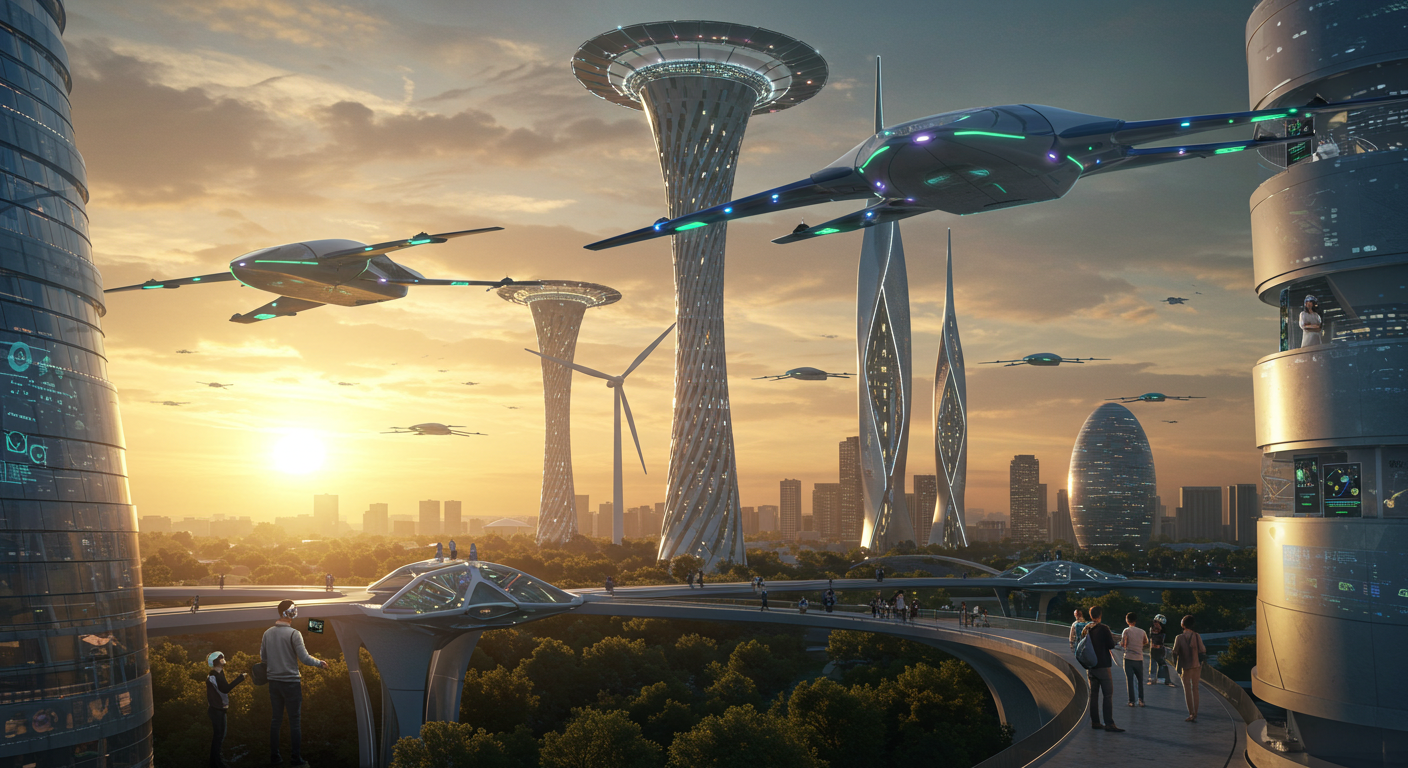The transformation of the masculine lifestyle across generations
The lifestyle of men has never been static. Each generation redefines what it means to live well, to be strong, and to find purpose. In the past, men’s lives were often centered around duty—providing for family, working long hours, and showing stoic endurance. Fashion, health, or self-expression were secondary. But as society evolved, so did the expectations and desires of men. Today, the modern masculine lifestyle is not measured only by material success but by balance, presence, and authenticity. Men now seek careers with meaning, health routines that extend longevity, style that expresses confidence, and relationships built on emotional depth. This evolution has been driven by cultural change, technology, and a growing awareness that living with purpose and style leads to a fuller, longer, and more rewarding life.
Purpose: the new masculine compass
One of the most significant shifts in the evolution of men’s lifestyle is the focus on purpose. For decades, many men measured worth by financial gain or professional status. While these remain important, modern men are realizing that without deeper meaning, success feels empty. Purpose is not a vague concept but a daily compass that guides decisions. It could be raising children with love, creating meaningful work, contributing to community, or pursuing personal growth. Men who live with purpose experience higher resilience, stronger motivation, and greater satisfaction. Unlike fleeting pleasures, purpose offers sustainable energy because it ties action to values. The modern lifestyle demands that men step back and ask: “What am I building, and why?”
Aligning career with values
The workplace has transformed into more than a paycheck; it’s now a platform for impact. Men increasingly seek careers aligned with their passions and beliefs. Some transition from corporate jobs to entrepreneurship, others from high-paying roles to more meaningful ones. The modern man understands that professional purpose enhances not only income but also identity.
Health: from endurance to longevity

Men’s health once meant pushing the body without listening to its signals. Today, the evolution prioritizes longevity and holistic well-being. The modern lifestyle includes strength training, cardiovascular conditioning, mobility work, and adequate rest. It’s no longer about being the biggest guy in the room but the most functional and resilient. Preventive healthcare—regular checkups, blood tests, dental care—has become a sign of intelligence, not weakness. Sleep, once sacrificed, is now celebrated as a performance enhancer. Mental health is equally prioritized. Men are opening up about stress, anxiety, and depression, choosing therapy, meditation, and journaling as tools of strength. This change reflects a deeper truth: the strongest men are not those who never fall but those who build systems to rise every time.
Smart choices for sustainable health
Rather than extreme diets or short bursts of exercise, modern men embrace sustainable habits: balanced meals, hydration, mindful eating, and consistent routines. Plant-based diets, intermittent fasting, and biohacking are trends, but the essence remains the same—long-term health over short-term extremes.
Style: expressing identity through appearance
Men’s style has evolved from uniform simplicity to intentional self-expression. Once limited to suits or workwear, today’s masculine wardrobe blends function with individuality. The modern man understands that clothing is not vanity but a language: it communicates confidence, discipline, and self-respect. A capsule wardrobe—neutral tones, versatile staples, quality shoes—empowers men to look sharp without excess. Grooming has also advanced: skincare, beard care, and fragrances are no longer taboo but part of daily discipline. A man who invests in his appearance signals not arrogance but respect for himself and those around him.
Minimalism and quality
Another hallmark of the modern lifestyle is minimalism. Men prefer fewer, better items: a tailored blazer, premium sneakers, a durable watch. This choice reflects maturity—the understanding that quality outlasts quantity, and style lies in details, not excess.
Relationships: building depth, not just networks

The modern masculine lifestyle acknowledges that relationships are wealth. Unlike past generations, where men often repressed emotions, today’s men are learning to communicate, connect, and build deeper bonds. Emotional intelligence has become as important as financial intelligence. Romantic relationships thrive on presence and empathy rather than rigid gender roles. Fatherhood is seen as active involvement, not distant provision. Friendships have evolved from casual gatherings to spaces of accountability, where men support each other’s goals and well-being.
Brotherhood and mentorship
Men also find strength in mentorship and brotherhood. Groups, masterminds, or sports teams provide not only camaraderie but accountability. Sharing wisdom across generations enriches both the mentor and the mentee, ensuring masculine growth continues.
Digital balance: controlling the noise
Technology has redefined men’s lifestyles, offering opportunities but also distractions. Social media fuels comparison, while constant connectivity can erode focus. Modern men make smart digital choices: disabling unnecessary notifications, setting screen boundaries, and prioritizing creation over consumption. A phone is now seen as a tool, not a tyrant. The ability to disconnect, whether for family dinner, workouts, or personal reflection, is a mark of strength.
Financial intelligence: freedom as success
Financial freedom is another evolution of men’s lifestyle. Success is no longer measured only by flashy cars or houses but by peace of mind, security, and flexibility. Budgeting, investing, and passive income strategies are tools of empowerment. A man who manages his finances wisely can pursue passions without being chained to debt or constant worry. Wealth is measured not just in possessions but in freedom—time to spend with family, freedom to travel, and resources to give back.
Leisure, creativity, and play as pillars of vitality
In the past, men often dismissed leisure as laziness. Today, the strong lifestyle embraces play as essential. Hobbies such as photography, painting, cooking, or travel enrich creativity and reduce stress. Sports and outdoor adventures connect men with nature, offering renewal and perspective. Creativity is no longer dismissed as unmanly but celebrated as part of a full identity. The man who knows how to work hard and also how to play well is seen as balanced and alive.
Legacy: leading with authenticity
The evolution of men’s lifestyle ultimately converges on legacy. Men are increasingly asking: what am I leaving behind? Not just wealth but memories, values, and examples. Living with purpose and style means being a role model—showing younger generations that masculinity is about responsibility, kindness, strength, and balance. Leadership is no longer domination but service. Every habit, every choice, every relationship builds a legacy.

Conclusion: living with purpose and style today
The men’s lifestyle has evolved from rigid duty to intentional living. Modern masculinity is defined by purpose, health, style, emotional depth, and balance. It demands smart choices: to eat well, to train consistently, to express individuality through style, to manage money wisely, and to build meaningful relationships. But above all, it demands authenticity—living not for society’s outdated definitions but for one’s values. The modern man who embraces this evolution does not just survive; he thrives. He builds a lifestyle that inspires, endures, and leaves a mark. Living with purpose and style is not about perfection but about presence, discipline, and courage. That is the true evolution of men’s lifestyle in the 21st century.






